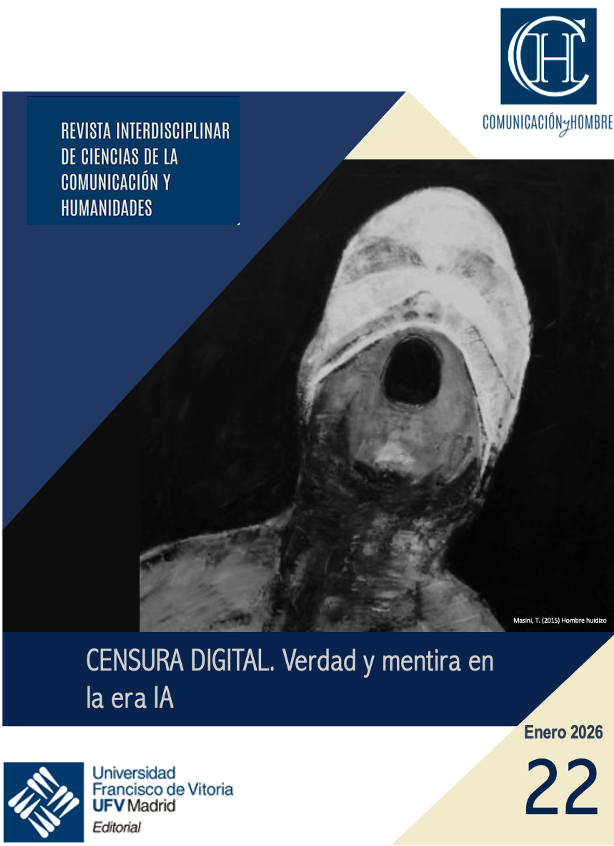Resumen
The emergence of search engines and social media networks in the past two decades created a new media ecosystem that allowed the instantaneous creation, distribution, manipulation, and sharing of content to a global audience by anyone with a smartphone and internet access. This ecosystem was ripe for exploitation by actors with aims of profit or propaganda to disrupt society and threaten democratic processes. Their disinformation sowed distrust and undermined the credibility of the press. The dispersed, decentralized nature of this communication has made it hard to police. However, new countermeasures are emerging based on international collaboration on systems for rating trustworthiness of publications and journalists. The technology platforms are collaborating on some of these efforts, but are resisting efforts to have regulators interfere with their business model.
Abstract
La aparición de motores de búsqueda y redes sociales en las últimas dos décadas creó un nuevo ecosistema de medios que permitió la creación, distribución, manipulación e intercambio instantáneo de contenido a una audiencia global por cualquier persona con un teléfono inteligente y acceso a internet. Este ecosistema estaba apto para ser explotado por actores con fines de lucro o propaganda para alterar la sociedad y amenazar los procesos democráticos. Su desinformación sembró desconfianza y minó la credibilidad de la prensa La naturaleza dispersa y descentralizada de esta comunicación ha dificultado su vigilancia. Sin embargo, están surgiendo nuevas contramedidas basadas en la colaboración internacional en sistemas para calificar la confiabilidad de publicaciones y periodistas. Las plataformas tecnológicas están colaborando en algunos de estos esfuerzos, pero se resisten a hacer que los reguladores interfieran con su modelo de negocio.
1. Introduction
Hardly a day goes by without some journalist or media maven expressing high anxiety over what they are seeing in the mainstream media, some social network, or a dark corner of the less traveled regions of the internet. Driving and heightening this anxiety are the events of the moment (October of 2020). The world is living through two extreme disruptions–a deadly pandemic that is infecting millions and has no cure or vaccine, which in turn is causing an economic downturn not seen since the Great Depression. Add to those crises the tangled Brexit saga that has fractured relations between Great Britain and its largest trading and defense partner, and pile on a series of bitterly contested elections, not the least of which involves the presidency of the world’s largest economic and nuclear power. Who would not be susceptible to anxiety if not panic?
The anxiety takes many forms. Some wonder how we might be being manipulated by state actors whose propaganda is designed to undermine our faith in our institutions, including the Fourth Estate and the democratic process. Others want to blame the algorithm-driven profit-making machines of advertising on search engines and social networks for creating polarized camps that pit extreme views and create a space where only black and white exist. Others study the problem by applying principles of mass psychology and the human instinct to frame the world into two camps, us vs. them. Still others explain the issue from the point of view that there is simply a lot of money to made peddling sensationalist content that provokes reactions of fear, derision, hatred, and uncertainty. Then, there are the data scientists who use new tools to track the spread of information through these new networks to try to trace their origin, understand which nodes of connections are the super spreaders, and then propose solutions and strategies for combating this misinformation.
This paper will describe the many forms of info-toxification, which is the spread of misinformation that damages health and democratic institutions. It will also study some of the actors and channels through case studies. Finally, it will attempt to create road map of solutions toward solving this problem, so dangerous to the credibility of the press and democratic institutions.




